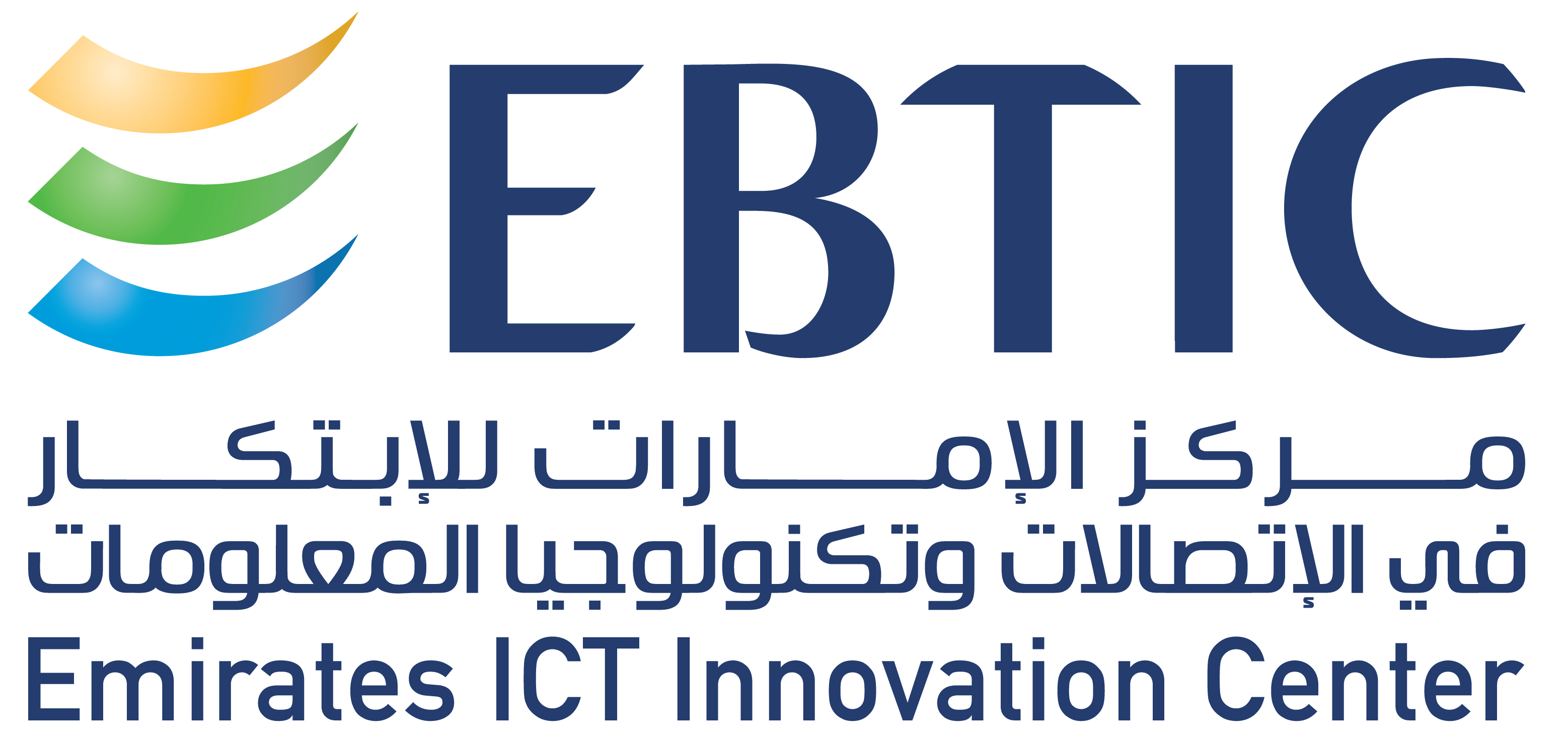
Researchers from Khalifa University’s Emirates ICT Innovation Center (EBTIC) participated in a virtual workshop organized and hosted by BT Applied Research’s Global Research and Innovation Program (GRIP) on COVID-19 pandemic responses on Monday, 11 May 2020. BT GRIP consists of BT research and innovation centers in collaboration with leading research institutions around the world.
The event gathered distinguished researchers from across GRIP’s collaborative base to discuss and develop initiatives between global universities to tackle emerging problems in the COVID-19 pandemic, share global experiences and best practices, and to identify the key issues and potential R&D collaborations that can take place.
The main focus of the talks was to understand, limit, and mitigate the pandemic and its impact on individuals, communities, and businesses. The workshop also looked at how countries can prepare for a sustained period of disruption followed by a new “post-COVID” normal, with potential areas such as contact tracing, modeling, and the expected impacts on work, the economy, education, and travel.
Prof. Ernesto Damiani, Research Professor at EBTIC, Senior Director of Artificial Intelligence and Intelligent Systems Institute, Director of C2PS Center, and Professor of Electrical and Computer Engineering and Professor of Electrical and Computer Engineering at Khalifa University, gave a talk on a COVID-19 tracking solution he is developing, called Spatio-temporal active surveillance (PLACES). This project is one of 14 flagship initiatives of the Khalifa University COVID-19 R&D Task Force. Prof. Damiani explained the completed work, as well as the next steps the task force is working on.
Dr. Dymitr Ruta, Chief Researcher at EBTIC, also discussed how the team has designed, developed, and tested a COVID-19 transmission model based on various data points that have been collected. Using the latest predictive management techniques the capability enables targeted investigations of specific high-risk areas, and provide forecasts on likely transmission rates in future scenarios.
Other speakers at the workshop were from Monash University, Australia; Shanghai Jiao Tong University, China; Indian Institute of Science, India; University of East Anglia, UK; University of Surrey, UK; Ulster University, UK; BT Applied Research, UK; and MIT, USA.
Each speaker discussed their national situation in terms of the pandemic response, as well as the current key challenges. They also presented some of the current project activities currently underway in each university.
Speaking after the workshop, Dr. Nawaf Almoosa, Acting Director of EBTIC, commented, “We were delighted to take part in this extremely informative event. It was fascinating to hear from the distinguished speakers, and we’re grateful to BT for organizing it. EBTIC will participate in the follow-up workshops to ensure that links remain, and we are exploring collaboration opportunities.”
News Writer
9 June 2020